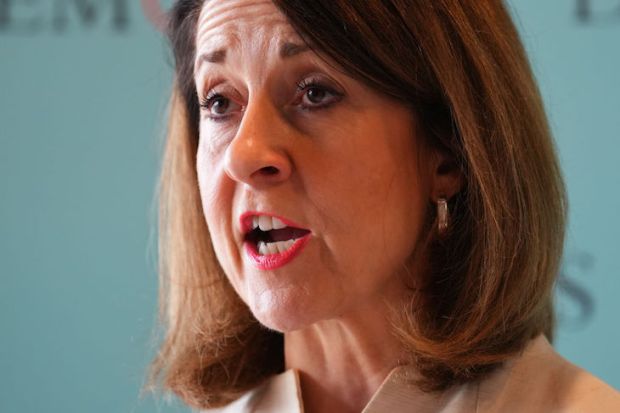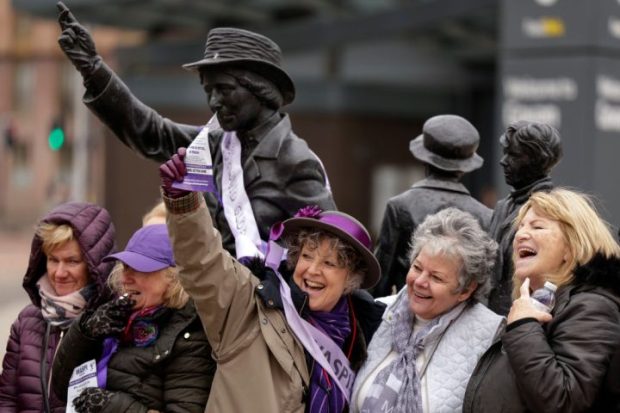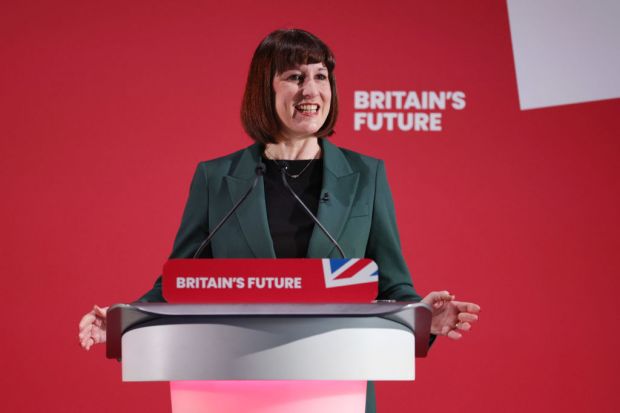It’s the first proper day in the Commons for newly-elected MPs, though many of them took part in induction sessions organised by the House yesterday. This evening, Conservative MPs will have a drinks reception with Boris Johnson, where the new Prime Minister will reiterate his commitment to spending this week getting Brexit done. The first piece of legislation newly-elected Tory MPs will vote on will be the Withdrawal Agreement Bill, which is expected to come back to the Commons on Friday.
We are expecting a big government relaunch in February, once the Brexit process has concluded, but this week’s Queen’s Speech will point to the plans that Johnson has for life after Brexit – the ‘unleash Britain’s potential’ part of his election slogan. It is expected to enshrine in law the £34 billion a year for the NHS commitment, as well as tougher sentencing for terrorists following the London Bridge attack, and policies for renters and commuters. Johnson has spent the past few days emphasising that he doesn’t take the voters who turned to the Conservatives for the first time for granted, and to that end we will be hearing a great deal about projects for the north of England in particular. No. 10 said last night that: ‘This election and the new generation of MPs that have resulted from Labour towns turning blue will help change our politics for the better. The PM has been very clear that we have a responsibility to deliver a better future for our country and that we must repay the public’s trust by getting Brexit done.’
Ask any of the 109 newly-elected Tory MPs what they’ve been sent to the Commons to do, and they’ll repeat that last sentiment: their constituents want them to get Brexit done. But they also have a special responsibility to truly ‘change politics for the better’, to repeat another aspect of No. 10’s promise. They are in a majority government which can finally push ahead with a Conservative agenda without the deadlock and deals of the last few years. But it is not guaranteed that the government will use this freedom well. Ministers who know that their legislation will pass easily find themselves relaxing about the detail of it, knowing that by the time it is revealed to be a precious mess in practice, they will have moved on from the job (policies are rarely implemented and in a state to be properly assessed within the 18 month tenure of a minister).
With what is left of the Labour Party currently in a deep depression and about to embark on a leadership contest that will keep it totally absorbed in its internal affairs until March, there is no real opposition in Parliament. Good oppositions are the diamonds that sharpen up policies by pointing out how something isn’t going to work as intended. You might argue that Jeremy Corbyn’s party did precious little of that over the past few years but it’s certainly going to struggle to say anything coherent while its members are busy shouting at one another about whose fault the defeat is.
And so those Tory MPs who are coming to Westminster today will need to get sharp at scrutinising legislation and working out how to improve it – and quickly. Legislative scrutiny is supposed to be one of the key functions of the legislature, but in our Parliament, it is curiously undervalued, to the extent that people who spend a lot of time thinking about it are considered somewhat eccentric. I remember a newly-elected Tory MP boasting to me in 2015 that he was delighted to be on a bill committee because it gave him the chance to show off to the whips and the minister guiding the legislation. He didn’t seem to realise that bill committees are supposed to be for detailed examination of whether the legislation will work, not an audition for ambitious MPs.
MPs who point out problems with legislation are often regarded as troublemakers, particularly if they go on to rebel against the government on that legislation. This is incredibly short-sighted, as a government can end up in a great deal of trouble if its policies turn out to be so badly-designed as to be a catastrophe for constituents when they are implemented. It is in fact more loyal to your party to try to stop it making a terrible mistake when that mistake is merely embodied in legislation, rather than active in the country. The MPs representing former Labour heartland seats will be particularly aware that they are still working to earn the trust of their electors, and part of that work will necessarily be stopping their party doing something that could underline the sense that the Conservatives are merely using these voters, rather than serving them. If they are really serious about keeping these seats, the new Tory MPs need to realise that their job will involve making ministers’ lives a bit harder, not just sucking up.
Got something to add? Join the discussion and comment below.
Get 10 issues for just $10
Subscribe to The Spectator Australia today for the next 10 magazine issues, plus full online access, for just $10.




















Comments
Don't miss out
Join the conversation with other Spectator Australia readers. Subscribe to leave a comment.
SUBSCRIBEAlready a subscriber? Log in